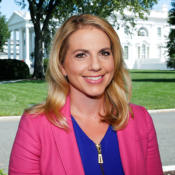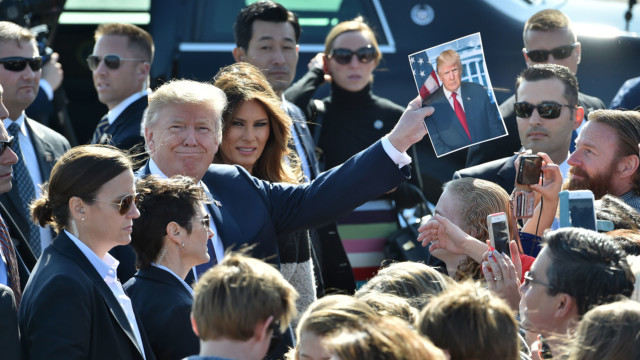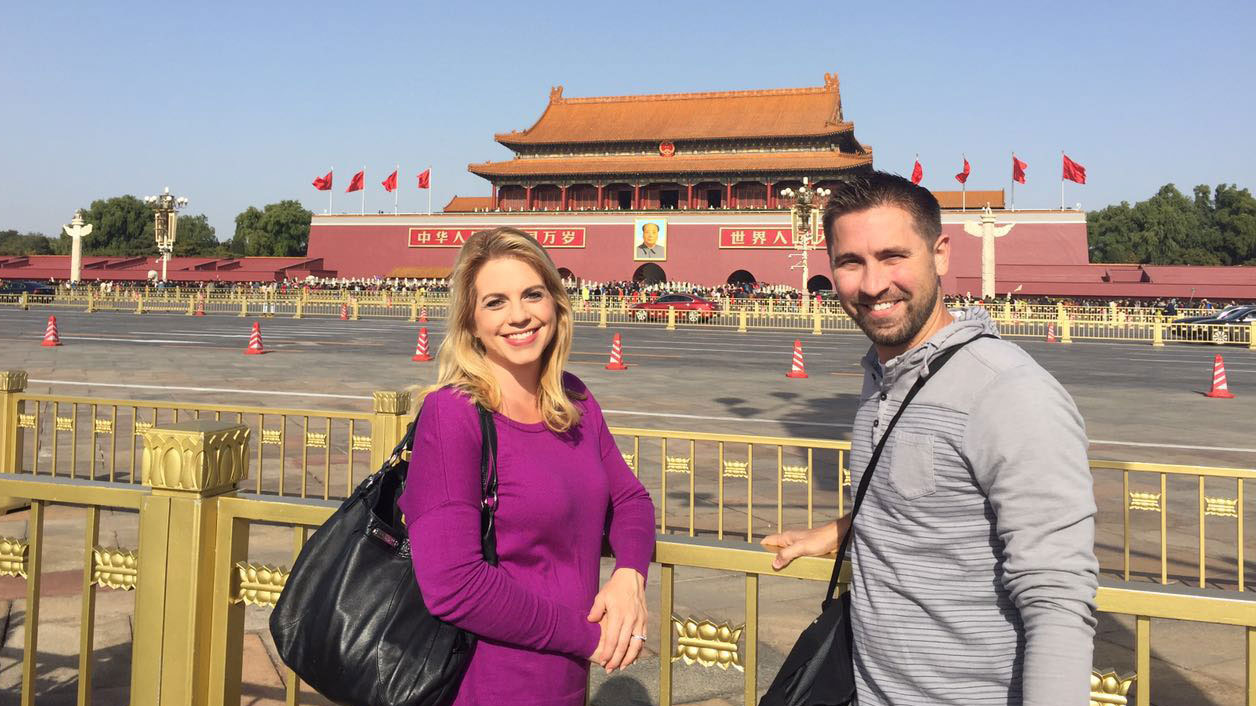The White House says U.S. President Donald Trump’s Asia-Pacific tour will be the longest trip to Asia by an American president in a quarter century. It will also be a trip of many firsts for the U.S. leader.
CHINA
According to Chinese Ambassador to the U.S., Cui Tiankai, Trump will be the first foreign head of state to meet with Chinese President Xi Jinping since the conclusion of the 19th Party Congress. The visit will be Trump’s first state visit to China. U.S. National Security Advisor, H.R. McMaster told CCTV America’s Wang Guan, that President Xi’s elevated position gives Washington hope of reaching greater agreements on trade and Pyongyang’s nuclear weapons program.
In Beijing, Trump and Xi will build on what both sides describe as their “close personal relationship” which began at Mar-A-Lago summit in April.
“We will make sure that the two presidents will have sufficient time to have this top-level strategic conversation between them, because we believe this is extremely important for the development of bilateral relations,” Tiankai told reporters.
The focus of their talks, say White House aides, will be bilateral trade as well as the DPRK’s nuclear threat.
“China is definitely doing more. But it’s obviously not enough until all of us see denuclearization of the peninsula,” U.S. National Security Advisor, H.R. McMaster told White House reporters during a briefing ahead of the trip.
Tiankai notes that Washington has a role to play as well. “This issue cannot be solved by China itself,” he said. “If only China is making its best efforts and others are doing things that could lead to escalation of tension, this issue will not be solved.”
JAPAN
In Japan, Trump will meet with families of Japanese citizens who have been abducted by Pyongyang.
Japanese Minister of Communications and Cultural Affairs, Takehiro Shimada says Trump was the first U.S. president to raise the issue of these abductees at the United Nations General Assembly in September. According to Shimada, the issue is close to the heart of Japanese Prime Minister Shinzo Abe, who worked on it as a cabinet-level minister and now as prime minister.
Abe and Trump will also continue Tokyo and Washington’s ‘golf diplomacy. It’s a tradition begun under Abe’s father, Prime Minister Kishi, who played golf with U.S. President Dwight Eisenhower in 1957. Eisenhower shot a score “almost like 72 or 74,” recalls Shimada, while Kishi shot “only a 99.”
REPUBLIC OF KOREA
The Republic of Korea’s President Moon Jae-in will also host President Donald Trump for a state visit to Seoul. ROK Presidents only get one opportunity to host a state visit per country, per term. Korean Embassy officials tell CGTN that Trump will also be the first U.S. President in 24 years to give a speech at the Republic of Korea National Assembly.
McMaster says Trump’s speech will attempt to galvanize the international community into isolating Pyongyang economically and diplomatically.
“The audience that has the most interest in his speech are the Korean people, and we think it is very important that President Trump presents a positive message that emphasizes a strong Korea-U.S. alliance and peaceful resolution of the North Korea issue,” said a Republic of Korea Embassy official under the condition of anonymity.
APEC, ASEAN, & EAS
Trump will also participate in the Asia Pacific Economic Cooperation Meetings in Vietnam where he’s expected to make his second major speech of the trip.
He will also attend the Association of South East Asian Nations (ASEAN), US-ASEAN and East Asia Summits in the Philippines. Trump had been under pressure to attend the East Asia Summit (EAS), which gathers the ASEAN member nations along with major regional economies such as China, the U.S., Japan, Russia, India, and Australia. Former U.S. President Barack Obama began attending the EAS, which addresses both security and economic issues across the region.
A Korean official speaking anonymously said: “His attendance is very good news, not only for South Korea, but for all of our friends in Southeast Asia.”
 CGTN America
CGTN America
 US President Donald Trump (C-L) and his wife Melania (C-R) are welcomed upon arriving at Yokota Air Base in Tokyo on November 5, 2017.
Trump touched down in Japan, kicking off the first leg of a high-stakes Asia tour set to be dominated by soaring tensions with nuclear-armed North Korea. / AFP PHOTO / POOL / Kazuhiro NOGI
US President Donald Trump (C-L) and his wife Melania (C-R) are welcomed upon arriving at Yokota Air Base in Tokyo on November 5, 2017.
Trump touched down in Japan, kicking off the first leg of a high-stakes Asia tour set to be dominated by soaring tensions with nuclear-armed North Korea. / AFP PHOTO / POOL / Kazuhiro NOGI

